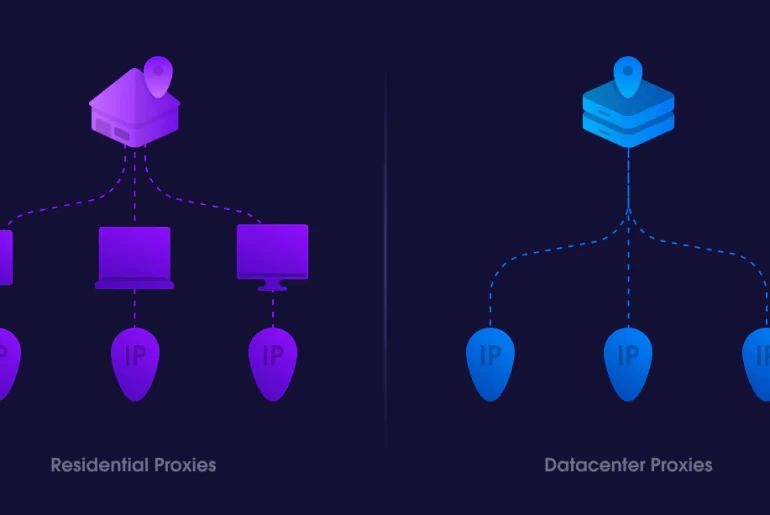The IPv4 protocol is a set of standards that define how data is formatted and transmitted on the Internet. The original IPv4 protocol was published in 1981, and it has undergone a few changes since then.
A proxy server is a server that acts as an intermediary between users and other servers. This type of server will often be used to filter content or access based on the type of request that it receives, for example to allow only certain types of content or to provide anonymity on the web.
There are many different types of IPv4 proxy servers, with different purposes, advantages and disadvantages. This article will give you an overview of different types so you can decide which one suits your needs best.
Table of Contents
Different Types of IP address proxy servers – Part 1
This article will focus on the different types of IP address proxy servers and how they work.
There are three main types of IP address proxy servers. The first type is a web proxy server which is used to bypass internet censorship by providing access to blocked websites. A web proxy server can also be used as a security measure to protect one’s identity when accessing the internet from public Wi-Fi networks. The second type of IP address proxy server is an anonymous proxy server which provides anonymity by hiding one’s identity, location and online behaviour from third parties. The third type of IP address proxy server is an open proxy which allows anyone with the correct URL to connect through it, making it possible for hackers to exploit them for malicious purposes such as spamming or phishing.
IP address proxy servers are used to hide the IP address of a device or a computer. It is also used to access blocked websites.
The different types of IP address proxy servers are:
– HTTP – it is the most common type of proxy server.
– SOCKS5 – it can be used for anonymous browsing and for web applications that require authentication.
– HTTPS – it can be used for making secure connections with web sites and encrypting data that is sent over the Internet.
– TOR – it is designed to help people remain anonymous online, as well as to bypass censorship restrictions.
This article will provide a basic understanding of the different types of IP address proxy servers.
An IP address is a unique number that identifies computers on networks and links them to each other. An IP address is usually assigned to a device by the network’s administrator.
There are two types of IP addresses: IPv4 and IPv6. The former is used by older devices while the latter is used by newer devices, such as smartphones and tablets.
Different Types of IP address proxy servers – Part 2
In this part, we will talk about the different types of IP address proxy servers.
There are multiple types of IP address proxy servers, and they are classified by their functionality. The following are some of the most common proxies:
– Corporate Proxy Server: This is a proxy server that is used in an organization for security purposes. It’s usually used to access local resources on the same network as well as external resources.
– Personal Proxy Server: This type of proxy server is used for personal use and not for any other organization or company, proxy-seller.com provides such a type of proxies.
– Transparent Proxy Server: This type of proxy server forwards requests from a client to a destination without modifying it in any way.
Conclusion
The conclusion of this report is that the best IP address for proxy server is one that is not blocked by the employer or school.

